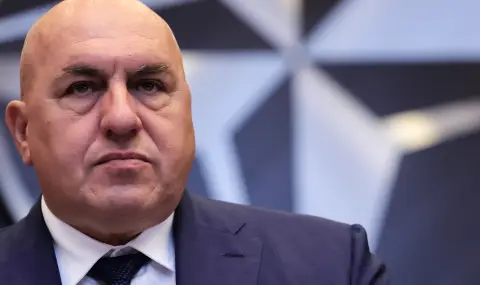During the incident, which took place on Wednesday and Thursday, Israeli soldiers fired on UNIFIL positions, injuring two of their soldiers. The UN peacekeeping mission is deployed in the region to monitor hostilities and prevent conflict from escalating, especially in this highly tense area. According to UNIFIL, the attacks were directly aimed at their positions and not random incidents.
Guido Crosetto categorically stated that this act cannot be considered a mistake or an accidental accident. According to him, this action represents a serious violation of international humanitarian law and could potentially be qualified as a war crime. “It was not a mistake and it was not an accident,” Crosetto said at a press conference. “This could constitute a war crime and is a very serious violation of international humanitarian law.“
After the incident, Crozetto contacted the Israeli defense minister to express his protest, while the Italian government summoned the Israeli ambassador to Italy to demand an explanation. At the moment, no response from the Israeli side has been received, and the Israeli army has not made a public statement either.
Although Israel is one of Italy's main allies in the region, especially in the context of the ongoing conflict with Palestinian armed groups in Gaza and with Hezbollah in Lebanon, this incident has caused tension between the two countries. Italy has traditionally supplied large numbers of troops to UNIFIL and has a significant commitment to the UN peacekeeping mission in the region. Although no Italian soldiers were injured in the latest attack, Crosetto stressed that the Italian government would not accept such actions.
„I told the Israeli ambassador that the UN and Italy cannot take orders from the Israeli government,” Crosetto said, insisting that Italy and the UN have their right to act independently and in accordance with international law.
The region where UNIFIL peacekeepers are based has long been a point of tension and hostilities between Israel and the Iranian-backed Lebanese group Hezbollah. Hezbollah controls large parts of southern Lebanon and has a significant military presence in the area, often engaging in clashes with Israeli forces. For Israel, this is a strategically important front, and the fighting often leads to dangerous escalation that threatens the wider region.
Israel has repeatedly expressed a desire to push UNIFIL out of the area, arguing that the presence of UN forces limits Israel's ability to take decisive action against Hezbollah fighters. At the same time, Italy, which is one of the countries with the largest contingent in UNIFIL, is strongly against it. Italy insists that the UN mission is necessary to maintain peace and stability in the region, and Israeli attempts to push peacekeepers out are unacceptable.
The incident in which Israel fired on peacekeepers could have serious international consequences. The possibility that the actions of the Israeli military could be classified as a war crime raises fears of a new diplomatic crisis. If the charges are confirmed, Israel could face legal action in international courts, including the International Criminal Court (ICC). The ICC already hears cases related to the Middle East conflict, and a new investigation could intensify pressure on the Israeli government.
The Israeli shelling of UN peacekeeping forces in Lebanon is a serious diplomatic and military incident that could have significant consequences for both Israel and the international community. Italy's response, which has included protest and diplomatic pressure, underscores the seriousness of the situation. Israel's actions are causing not only diplomatic turmoil, but also potential legal action that could deepen the conflict in the region.
In the coming days, it will be clear whether there will be more serious international consequences for Israel and whether UNIFIL will continue its mission in Lebanon without further obstacles from the Israeli side.
